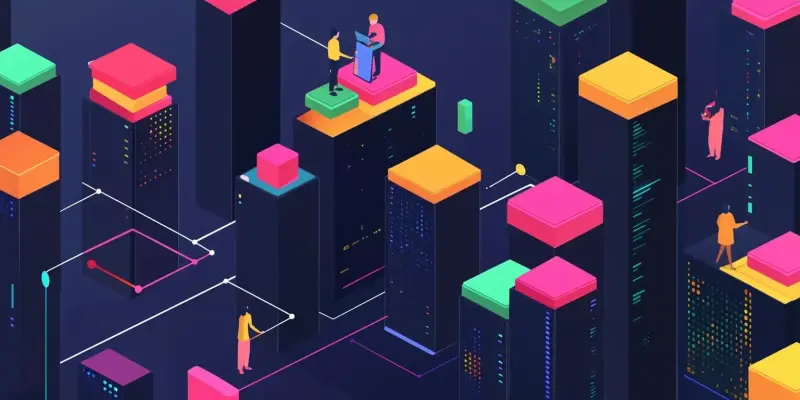In recent years, the landscape of the gaming industry has been evolving, and Fortnite stands as a prime example of how user-generated content can revolutionize the sector. Epic Games has successfully transformed Fortnite from a mere battle royale game into a vast platform that empowers creators to establish sustainable businesses. This remarkable shift in emphasis toward user-generated content has allowed the game to not only grow substantially but also foster an ever-expanding community of creators and players. The number of creator-made islands and the time spent on them has surged, marking a notable trend in the future of gaming content.
The Power and Expansion of User-Generated Content
The rise of user-generated content within Fortnite is reflected in the astonishing growth of its creator community and the plethora of content they produce. By 2024, the creator community had expanded from 24,000 members in 2023 to an impressive 70,000 in 2024, with the number of published islands doubling to 198,000. This significant increase includes a substantial portion of islands created using Epic’s advanced Unreal Editor for Fortnite (UEFN), which has played a critical role in enhancing the quality and variety of user-generated content. This expansion is not just about quantity; it represents a growing commitment to providing tools and opportunities for creators to thrive.
Players have embraced these creations with enthusiasm, spending a staggering 5.23 billion hours on creator-made games in 2024, which accounts for 36.5% of the total Fortnite playtime. This figure shows a remarkable rise from 4.98 billion hours the previous year, indicating a growing preference for user-generated experiences. Such engagement underscores the shifting dynamics in the gaming industry, where players seek more personalized, diverse, and engaging content that resonates with their interests. Epic Games has responded to this trend by investing $352 million in payments to these creators in 2024, marking an 11% increase from the previous year and solidifying the financial viability of user-generated content.
Diversity and Evolution of Content Genres
Beyond the sheer number of content pieces produced by creators, the diversity in the types of games and experiences has significantly broadened. Traditional combat genres have made room for a variety of game types, such as social roleplay, party games, deathruns, and horror experiences. As of January 2025, these non-combat genres account for more than 30% of time spent in creator-made experiences, representing a 50% rise from the previous year. This diversification attests to creators’ ability to explore new possibilities and push the boundaries of what can be done within the Fortnite universe.
Games like “Fort Knight Legend” and “Havoc Hotel 2” are perfect examples of how creators have been venturing into these new genres, offering players unique and compelling experiences. The proliferation of such varied content types highlights the flexibility and creative potential that user-generated content introduces to gaming. It supports the notion that players are no longer satisfied with linear, single-genre games; instead, they desire multifaceted environments where they can immerse themselves in different narratives and gameplay styles. Epic Games’ ongoing enhancements to creator tools and infrastructure, including features like First Person Camera devices, UI tools, and Custom NPCs, underscore their commitment to fostering this creative expansion.
The Future of Professional and User-Created Gaming
Over the past few years, the gaming industry’s landscape has seen significant changes, with Fortnite emerging as a prime example of how user-generated content can revolutionize the sector. Epic Games has ingeniously transformed Fortnite from just a battle royale game into a comprehensive platform that empowers creators to build sustainable businesses. This remarkable pivot towards user-generated content has significantly fueled the game’s growth and nurtured a vibrant community of creators and players. The surge in both the number of creator-made islands and the time players spend on them highlights a significant trend that could dictate the future of gaming content. Beyond just entertainment, Fortnite now functions as a creative hub, allowing users to craft unique experiences and share them with a global audience. This evolution marks a broader shift in the gaming world, where user participation and creativity are driving forces behind a game’s longevity and success. It’s a testament to how interactive and community-driven creations are shaping and redefining the future of digital entertainment.

